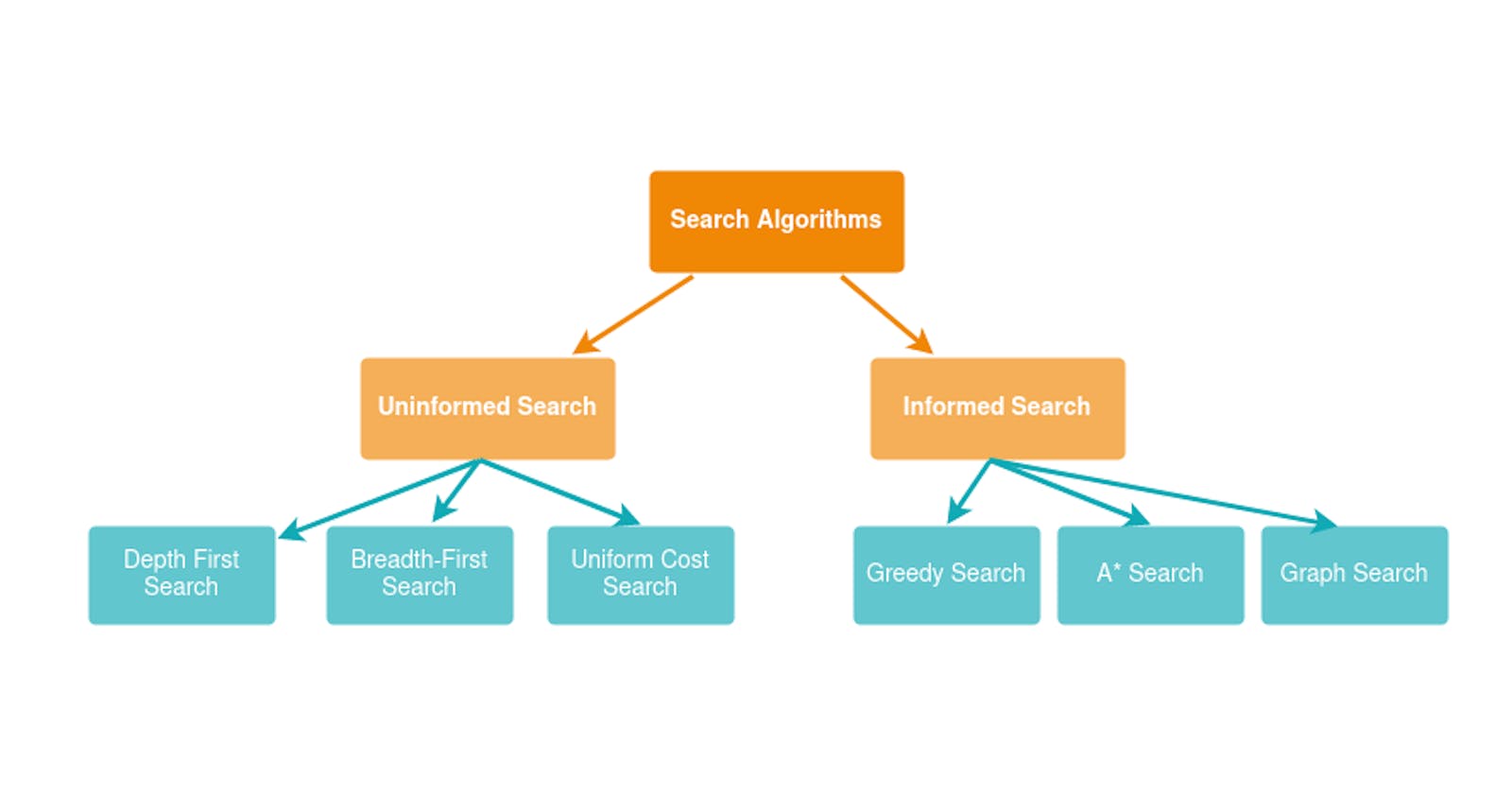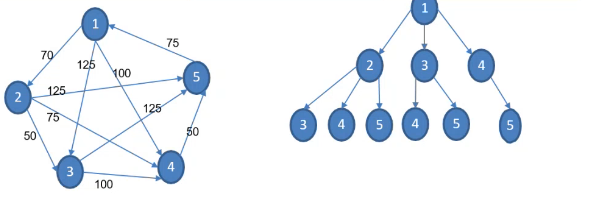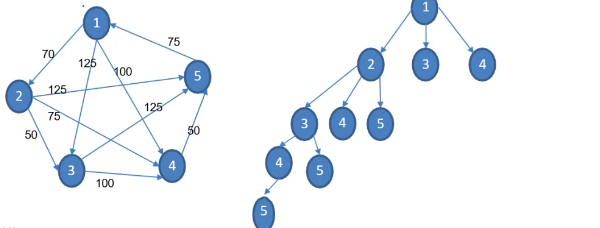Search algorithms are very important in the field of AI and having a knowledge about which search algorithm to use is important.
Search algorithms play a crucial role in solving problems, and they can be broadly categorized into Informed (heuristic-based) and Uninformed (blind) searches. Let's dive into these two approaches and understand their use cases and when to use which search algorithm.
Uninformed Search: Uninformed search algorithms have no additional information about the problem other than what is given in the problem definition. Breadth-First Search (BFS) and Depth-First Search (DFS) are classic examples of uninformed search.
Breadth-First Search (BFS): BFS explores a graph level by level, starting from the root. It guarantees the shortest path, making it suitable for scenarios where finding the optimal solution is crucial. However, it may require significant memory.
Depth-First Search (DFS): DFS explores as far as possible along each branch before backtracking. It is memory efficient but may not always find the optimal solution. DFS is widely used in scenarios where memory is a critical constraint.
Informed Search: Informed search algorithms use additional information, known as heuristics, to guide the search process towards a more promising solution. A* algorithm is a classic example that combines cost and heuristic information.
A* Search Algorithm: A* considers both the cost to reach a node and an estimate of the remaining cost (heuristic). It combines the benefits of BFS (optimality) and DFS (memory efficiency). A* is widely used in pathfinding and optimization problems.
Choosing Between Informed and Uninformed Searches: The choice depends on the nature of the problem. If additional information is available and can be used to guide the search efficiently, informed search algorithms are preferred. Otherwise, uninformed search algorithms may suffice.



